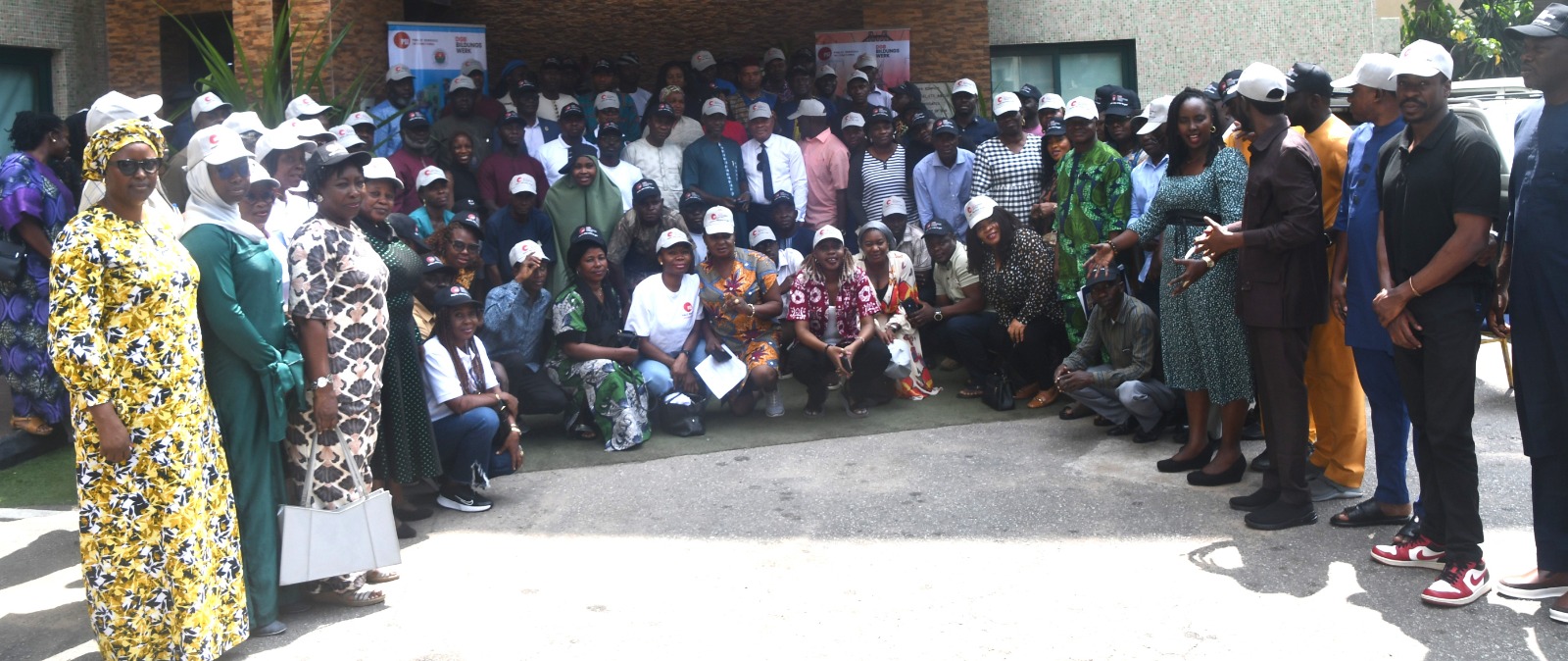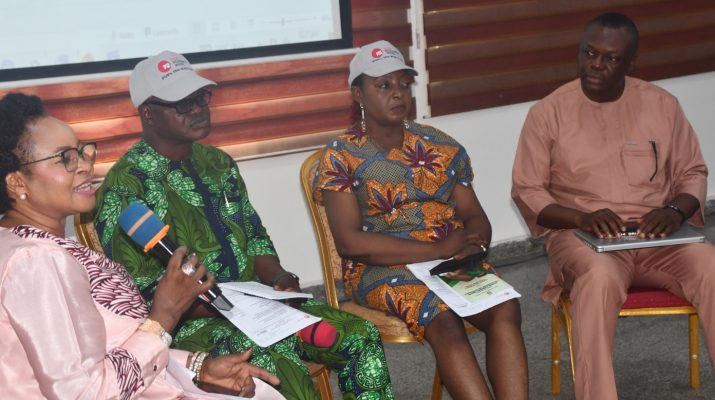Rather than put the provision of essential services in the hands of private sector operators commonly referred to as privatization, organized labour unions and Civil Society Organizations (CSOs) canvass the Public-Public Participation (PUPs), especially in Africa’s electricity, waste and water services sectors
By Dafe Favour
Following the failure of privatization schemes in Nigeria’s power, waste and water sectors over the years, organized labour unions and some civil society groups have pushed for Public-Public Participation (PUPs) in the provision of essential services, especially in the electricity, waste, water, health and education sectors, among others, to guarantee accountability and service delivery in the most critical sectors of Africa and Nigeria’s economies.
This formed the resolutions at the Phase II of the PSI-DGB BW Value Chains 2025 National Public Utilities Summit held on October 29, 2025 in Abuja with the theme: Promoting Transparency and Decent Work in Supply Chains in Electricity, Water and Waste Services in Sub-Saharan Africa organized by the Public Services International (PSI) in collaboration with DGB Bildungswerk Bund (DGB BW).
During the meeting, trade unions and civil society organizations from Nigeria, Kenya and Uganda under the PSI–DGB BW project, which participated in the summit include the Amalgamated Union of Public Corporations Civil Service Technical and Recreational Services Employees (AUPCTRE) and the National Union of Electricity (NUEE), while the civil society groups were represented by the Executive Director of Renevlyn Development Initiative (RDI), Philip Jakpor, representative of Citizens Free Services Forum (CFSF), Comrade Leke Zambuk and Executive Director of Child Health Organisation (CHO), Comrade Vicky Urenma.
The one-day gathering served as a critical platform for stakeholders to review the impact of the PSI-DGB Project on advocacy for decent work and campaigns against privatization of the water, electricity and waste sectors. Participants also advocated for public control over essential services through Public-Public Partnerships.
The Keynote address titled: On the March Towards Public Sector Solutions: The Public-Public Partnership Model was delivered by Prof. Hosea Mande Mangu, in which he pointed out that given the rate of failures of privatization programmes in Nigeria and Africa, especially in the power and water sectors, governments and policy makers on the continent should review previous and embrace a return of public utilities to the public, otherwise known as re-municipalization.

Following robust deliberations, it was observed that privatization has failed to serve public interest, adding that in Nigeria’s electricity sector for instance, it has not increased power generation or distribution. Instead, it has escalated tariffs and banded consumers according to economic status. In the water sector it has shut off consumers and in the waste sector it has discouraged unionism.
In a post-event communiqué made available to journalists, the summit lamented that public revenues have been plundered, while more funds that could have been invested in enhancing public services have been sunk in privatized entities that had claimed they would invest in the public utilities.
“For instance, the Nigerian government and international funders have ploughed over N2 trillion in bailout funds for the 11 Power distributing companies without any single megawatt added to the 12,500 megawatts obtained in 2013.
“Privatization has increased corruption and conflict of interest. Opaque contracts that did not go through due processes have allowed private individuals and companies to fleece Nigeria while holding unto public utilities. For instance, there is no verifiable information on the bond raised by Visionscape Solution Services which was given executive fiat for waste management in Lagos in 2017 until it was forced to suspend operations.
“Workers in the water, electricity and waste services sectors face precarious work conditions marked by low wages, wage arrears, job insecurity, casualisation of workers and absence of social protection for pensions and unemployment insurance. These deliberate policies continue to undermine workers’ morale, workers’ dignity, service quality and community well-being,” the communiqué reads.
The groups also raised concerns that advocates of public sector solutions are largely ignorant about the workings of the Public-Public Partnership Model of managing public utilities and that there are few discussions going on about the model.
Taking a cue from the above, the participants, therefore, recommended urgent reversal of the electricity sector and all existing privatizations in the water, and waste sectors and suspension of ongoing or planned discussions with World Bank and other IFIs on the privatization of public assets.
Endorsed by AUPCTRE, NUEE, CFSF, RDI, CHO and the Union of Kenya Civil Servants (UKCS), the groups further advocated the adoption of Public-Public Partnerships (PUPs) as a sustainable, democratic and just alternative, maintaining that PUPs have shown proven success in delivering quality public services without profit motives.
African governments must reinvest in human capital within the public sector. Governments must allocate sufficient resources for the training, motivation, and retention of public sector workers to promote efficiency, innovation and transparency and strengthen social dialogue and collaboration among civil society, trade unions and other crucial sectors that can hold the government to account.
“They should also put people before profit by halting the privatization of essential services and reaffirming the public sector as the cornerstone of democratic development, equity and sustainable livelihoods and there is the need for the PSI-DGB to critically support education projects among workers on the Public-Public Partnership that is at its infancy in Nigeria,” the communiqué added.




